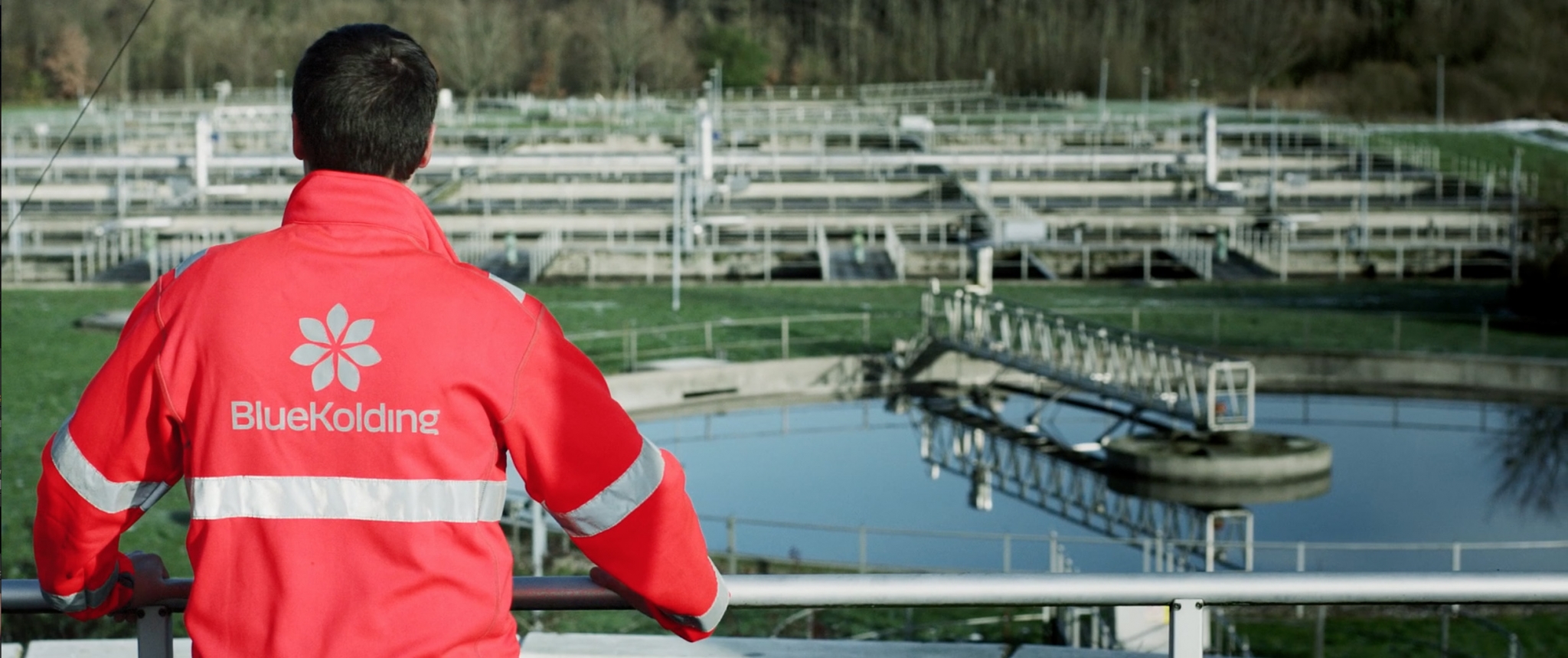Good advice
Here, we will continuously provide advice on how you can help yourself, and us, by taking care of the sewer system, avoiding floods and water damage, and, overall, contributing to a healthy, clean, and climate-proof municipality – and a world without waste.
Advice #1
Only what comes out of you (and toilet paper, of course) should go in the toilet.
One of the most important things you can do, is to ensure that only what you have eaten or drunk (and, of course, toilet paper) ends up in the toilet. No cotton swabs, no disposable washcloths, no condoms, no hair from the hairbrush, or whatever else might tempt you to flush.
Doo-doo, wee-wee, and toilet paper – that’s it! Anything else can get stuck in the pumps that need to pump the wastewater to the treatment plant. This means we have to clean, repair, and, in the worst case, replace the pumps when they break. It actually costs several million kroner each year, and that money could be used, for example, to secure Kolding from climate change instead.
Advice #2
Fat belongs in the trash can – not in the kitchen sink.
We know it. After frying meatballs, the frying pan needs to be cleaned. Under the tap it goes, with hot water running full blast.
But that’s a really bad idea. When the fat from the pan gets in the drain it cools down, solidifies, and gets stuck in the drain and the sewer pipes, eventually contributing to clogs and damage. In the sewer, it mixes with everything from the toilet, causing significant problems.
The same goes for frying oil and all other types of fats you use in the kitchen. Instead, let pots and pans cool off, wipe off the cooled fat, or pour it into a bag or a used milk carton and throw it in the trash can.

Good advice on cloudbursts, water damage, and floods
What is BlueKolding doing?
BlueKolding is constantly working on renovating the sewers and dividing them into two separate systems: one for wastewater and one for rainwater.
When the systems are not separated, and both types of water flow in one pipe, that is when heavy rainfall can cause both rain and wastewater to rise through the sewers and then flood basements. Moreover, there is no reason for rainwater to be directed to the treatment plant along with wastewater; it can easily be directed back to nature.
So, we separate the sewers to handle rainwater and wastewater separately, but we do more than that. We also build large basins both above and below ground, which can hold back the large amounts of water until the weather pressure slows down. All of this is done to safeguard Kolding against climate change and avoid flooding.
If damage occurs
Even though we are actively adapting to climate changes it still happens that some basements are flooded during cloudbursts. In such cases, it is important to know what to do:
If you are affected by flooding, contact your insurance company. There, you can learn about the options for cleaning and drying your basement. You can also get guidance on replacing items and building components that may have been damaged.
Handling water in the basement
The water that may enter your basement is a mixture of rainwater and wastewater. This means there may be bacteria in the water, so there are some things to be aware of when handling it.
Always use gloves and other protective clothing if you come into contact with the water. And always take a shower afterwards. Items that have been in direct contact with the water should be discarded, and everything else should be cleaned with disinfectants. People with weak immune systems should not come into contact with the water.
Avoid flooding
It is the homeowner’s responsibility to keep the basement free of water, while everything above ground level is generally the responsibility of the wastewater company. This distribution of responsibility is the same throughout the country. Nevertheless, we would like to hear from you if you have experienced flooding in your basement. We do everything we can to improve the sewer system so that it can handle the increasing rainfall caused by climate change, so floods can be completely avoided.
Therefore, it is useful for us to know which areas are affected. You can also contribute to avoiding repeated flooding, for example, by installing a so-called back-flow preventer or a pump on the sewer pipes, preventing wastewater from entering the house.
If you have any drains that are not used, it is also a good idea to have them completely sealed off.
Avoid water damage
You can do a lot yourself to prevent flooding and water damage during heavy rain and downpours. Make sure, for example, to keep the house’s gutters clean so that rainwater can flow freely into the sewer, remove sand from the gully pits, and keep the grates free of leaves and branches so that water can flow there. Also, make sure to keep your window wells clean. You may also consider installing a basement pump.
You can find more good advices on how to climate-proofing your home at klimatilpas.nu
Be warned about heavy rain
The industry organization Insurance & Pension has launched the website forsikringsvejret.dk and the free mobile app “Husets VejrAlarm.” Both warn you when cloudbursts or storms threaten your home; and they provide tips on how to prevent and handle damage.
You also get access to a weather calendar showing the weather precisely at your address with details about if it is a regular cloudburst or just heavy rain.

